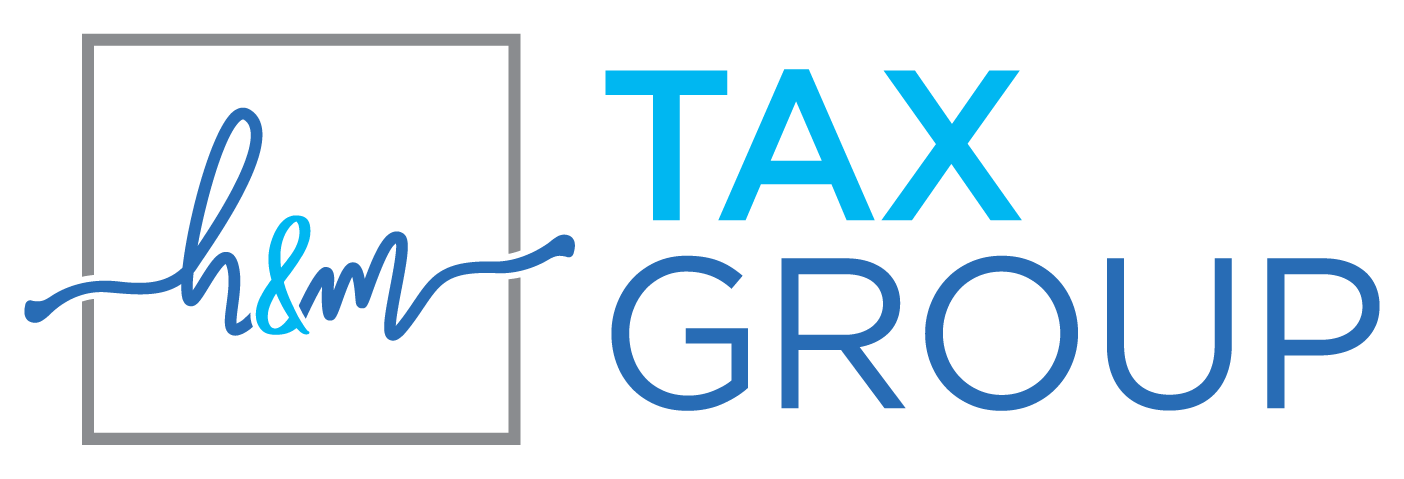Backup withholding is a kind of tax withholding relating to particular types of payments, such as interest, dividends, and income paid to independent contractors. The IRS implements this tax in cases where a payee fails to supply a correct TIN or in situations where there are some violations with the TINI. When a taxpayer is put under backup withholding, it means the payer will withhold a part of the payments they make and remit it to the IRS on the taxpayer’s behalf. In this blog, we will try to demystify backup withholding, addressing some of the questions: What exactly is backup withholding, who is subject to backup withholding, and how can one mitigate or avoid backup withholding tax?
What is Backup Withholding?
Backup withholding is a federal tax measure that requires payers to deduct a certain percentage when certain tax conditions specified by the IRS are not met. Normally, it is twenty-four percent, and it is used where payments are made in the form of interest, dividends, rents, and royalties. It can also apply to freelance income or expenses to independent contractors if some IRS rules are not followed. This withholding aims to help the federal government guarantee compliance of many people and businesses on their tax returns when they might not be in a typical arrangement that would have federal tax withheld in the same way that employees’ wage taxes are removed from paychecks. If a person is subjected to backup withholding, they will have to pay 24% of certain income payments, and they must forward the same to the IRS to guarantee payment of taxes.
What does it mean to be subject to backup withholding?
To be subject to backup withholding is to be an income account that is backed up for withholding based on the failure to meet certain stipulations of the IRS. This might happen for a few reasons:
- Incorrect TIN: Backup withholding may be applied if the TIN given to a payer is invalid or cannot be validated by the IRS.
- Failure to Report Income: The IRS may also require backup withholding where a taxpayer has not disclosed all of his or her interest or dividend income in previous years, causing inconsistencies on previously filed tax returns.
- IRS Notification: Sometimes, the IRS will notify both the taxpayer and payer that the taxpayer has been placed under backup withholding for failing to meet tax information reporting requirements.
Backup withholding is not universal in that it does not affect all kinds of income but certain items such as dividends, interest, and freelance receipts. According to the IRS, this withholding stays in force until the circumstances are fixed and the taxpayer is up to date.
Why Might You Be Subject to Backup Withholding?
Here are some common reasons a taxpayer might become subject to backup withholding:
- Unreported Interest and Dividends: If at all you have been paid interest or dividends and did not report the same, the IRM may demand that you undergo what will be referred to as backup withholding. This approach means that taxes are paid on a direct basis regardless of whether reports have always been truthful in the past.
- Incorrect or Missing TIN: The taxpayer identification number is of paramount importance. The IRS can apply backup withholding if you fail to supply the number or give a wrong or incomplete number that the IRS cannot confirm.
- IRS Notification and Compliance Failures: The IRS performs periodic checks on tax reporting, and if there is reported and unreported income, the service may write to both the taxpayer and the payer to inform them that backup withholding should be exercised in future payments.
How to Know if You’re Subject to Backup Withholding?
The IRS generally informs people if they are going to be ‘saddled with backup withholding.’ This often arrives in the form of a notice that states backup withholding must be enforced because of certain irregularities or reporting problems. Furthermore, payers may inform recipients that such individuals will be subjected to backup withholding if the latter’s tax identification problem has been noted by the IRS.
As soon as the IRS notifies you regarding backup withholding, you will act. Taxpayers can use an Individual Unit Identification Number (TIN) to identify themselves and file returns electronically without visiting the TIN office in person.
Conclusion
Backup withholding is a special form of taxation policy that guarantees the correct declaration of some or certain income types. It is a financial burden, though one that can easily be rectified by correcting or changing previous tax returns. Proper record updates, FIRS compliance, and letters to the I.R.S. as soon as problems occur can easily control or prevent such holding.
H&M Tax Group provides professional services in managing backup withholding issues and managing and resolving tax compliance for individuals and businesses. This team has extensive experience helping you keep your accounts compliant with the necessary regulations or react to various IRS notices, as well as helping you keep your financial situations ordinary. If you have questions about backup withholding or require any help with taxes, then H&M Tax Group is with you.


